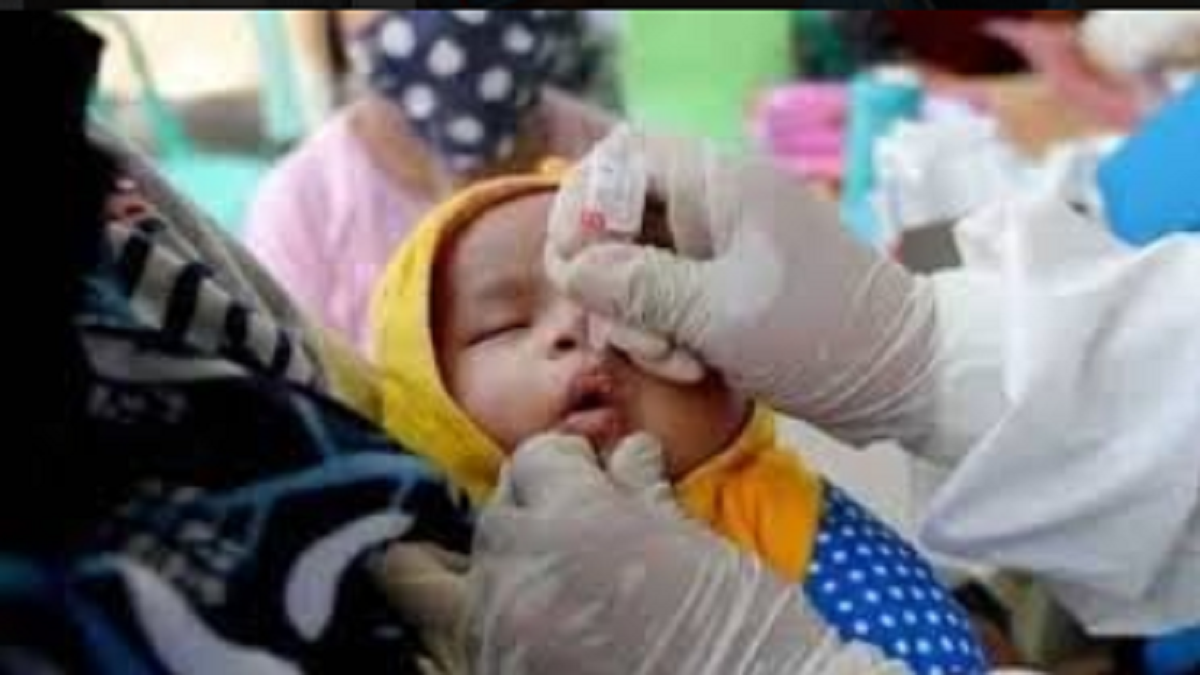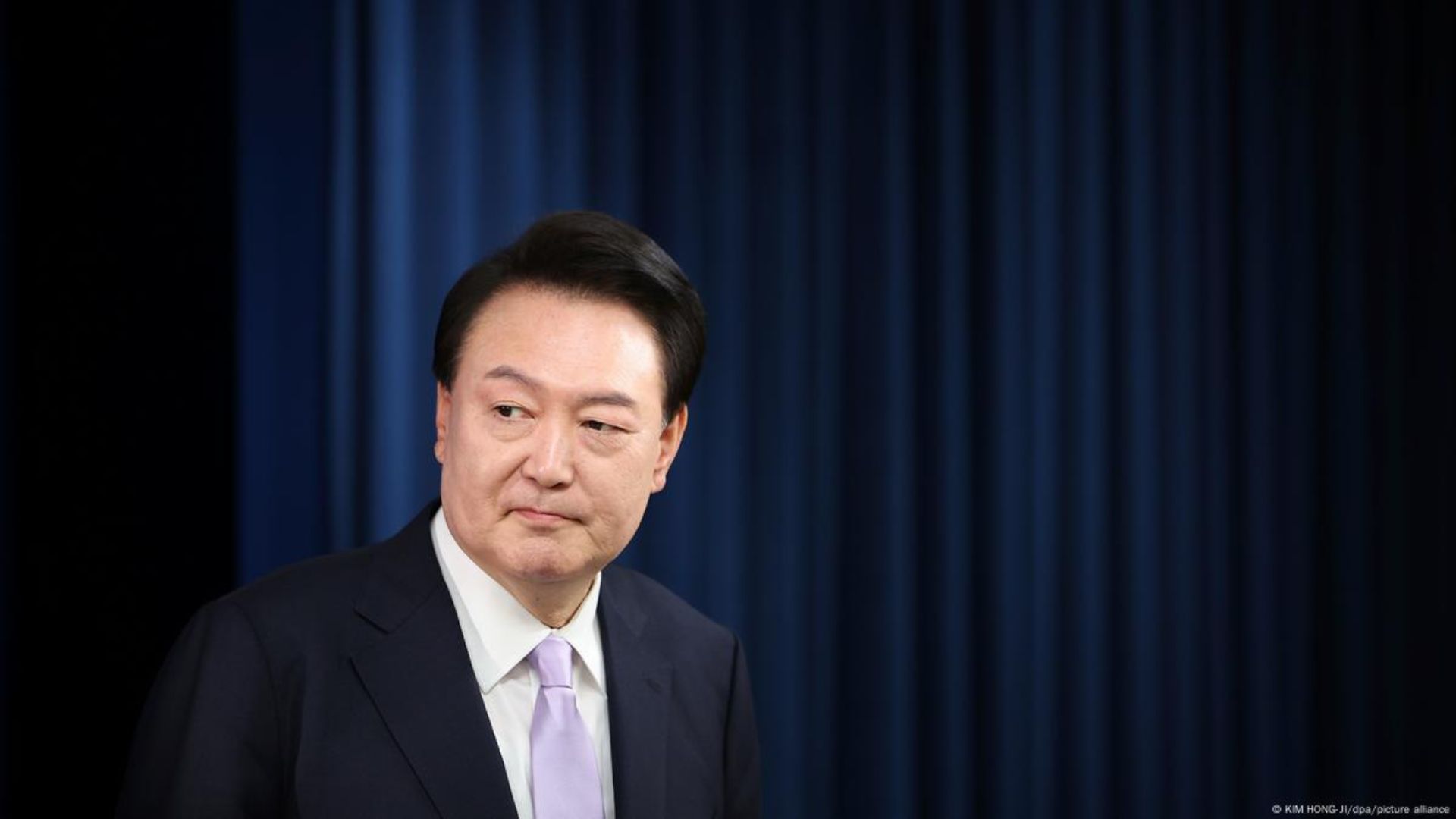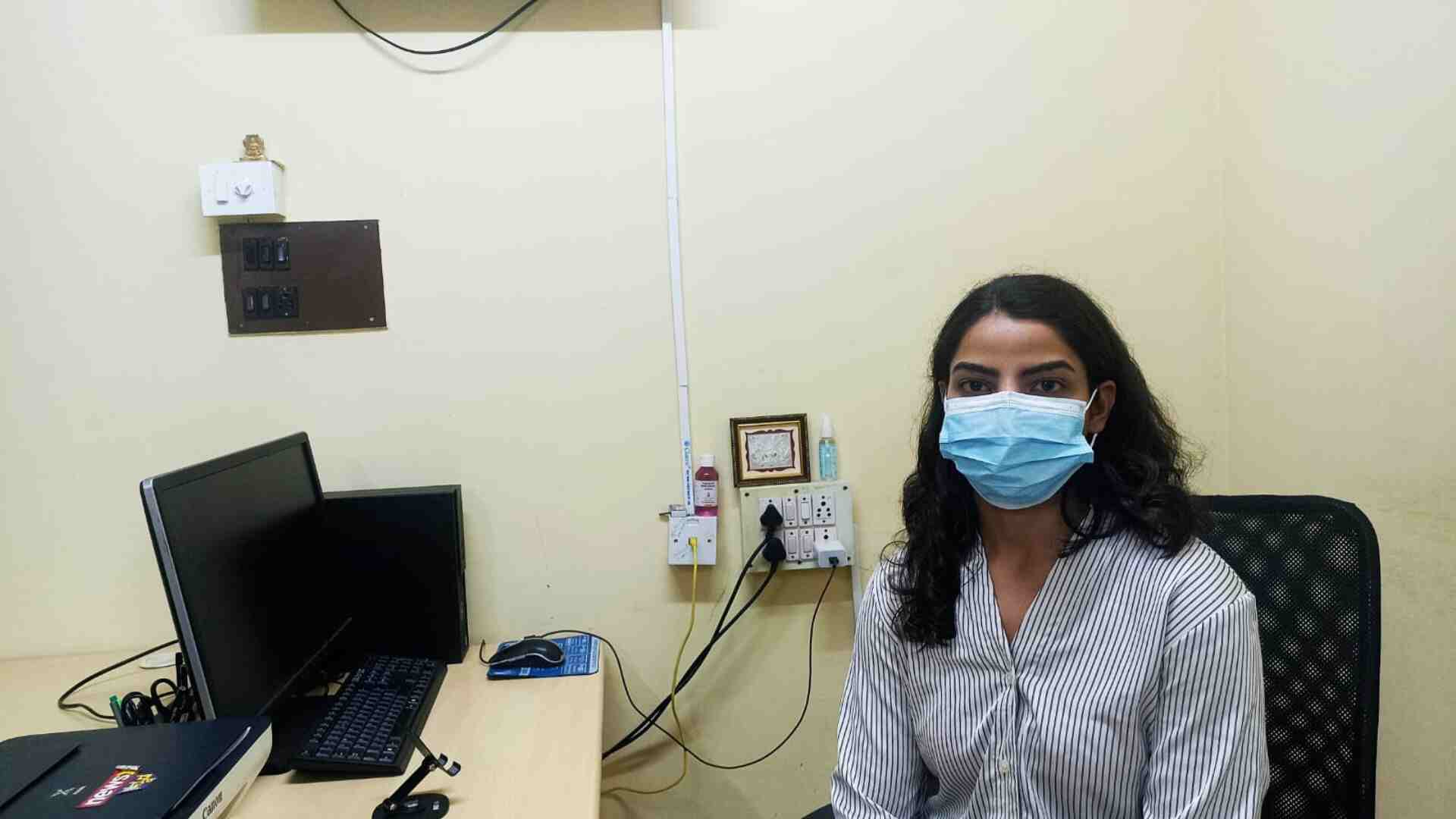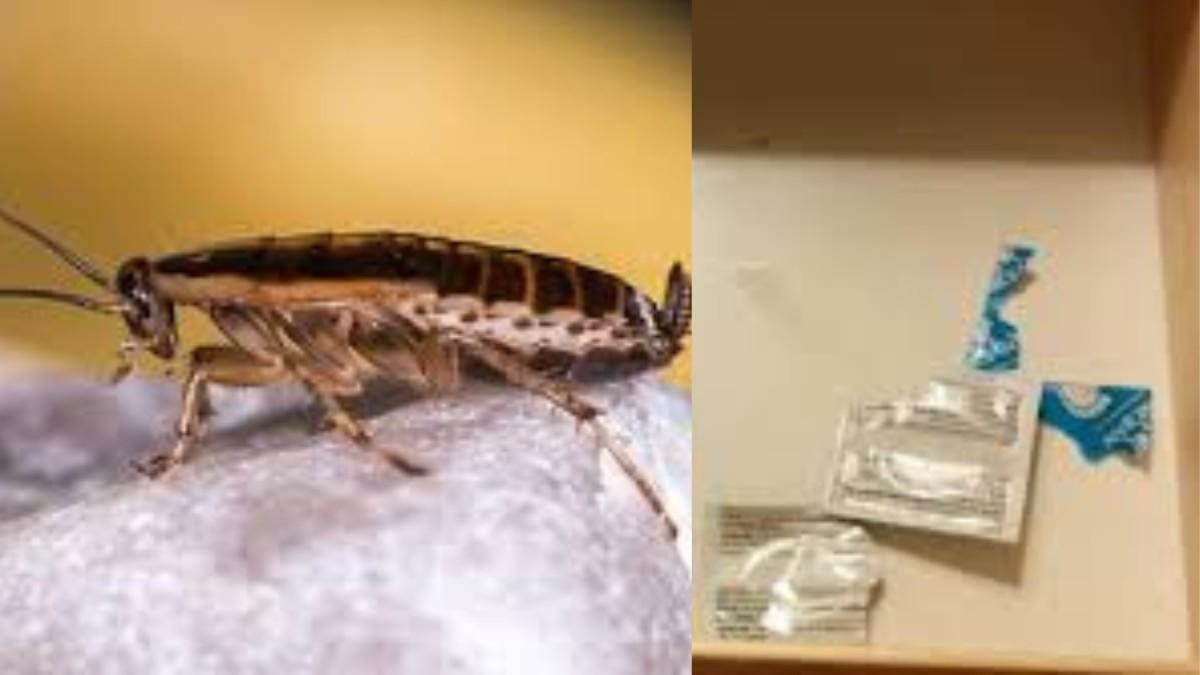
The Covid-19 pandemic has emerged as a severe threat to mankind. When the novel coronavirus began sweeping the planet, claiming the lives of almost half-a-million people, it was believed that young children would be spared from the deadly virus, with most hospitalisations and deaths being reported in older adults and those with chronic conditions. But over the few weeks, researchers in the US, UK, France, Italy, Spain and Switzerland recognised a new inflammatory syndrome in children being admitted to intensive care similar to Kawasaki, which has led the World Health Organization (WHO) to begin investigation to find a possibility of its link with coronavirus disease. Now, the question which is circulating in everyone’s mind is: Are kids really safe?
Due to the worldwide lockdown, immunisation of young children has been stopped in a bid to curb the spread of coronavirus in the Third World countries. Vaccines function by triggering the immune system to wade off bouts of certain disease, and immunisation is an effective way of protecting younger ones from this disease. With the postponement of this necessary service, children are more susceptible to measles, whooping cough, mumps , chicken pox , including Covid-19. A vaccine is able to build up antibodies that protect them from contracting any disease if and when they are exposed to the actual disease.
For the health of the children, parents should ensure the following things:
• The kids get all the vaccinations regularly to strengthen their immune system and protect them against illnesses like measles or flu. Because, children with underlying medical conditions stand at greater risk.
• Separate kids from family members or older ones who are at higher risk of getting infected of Covid-19.
• Avoid public places as much as possible, and let the kids stay at home.
• Watch out for kids for any signs of illness, symptoms, or changes in their behaviour. If you notice any changes, call your healthcare provider immediately.
The ongoing coronavirus pandemic has given us a sense of respect towards our innate immune system which is capable of warding off most of the diseases. Our lifestyle and stress have subjected us to cardiometabolic disorders which is the root cause of diminished immunity.
We are so busy preparing our children for the rat race that we seldom give importance to their nutrition and happiness quotient. Schools as institutions should also share the burden with parents in inculcating nutritional and health values.
Dr Ramesh Datta is finance secretary, Indian Medical Association.















